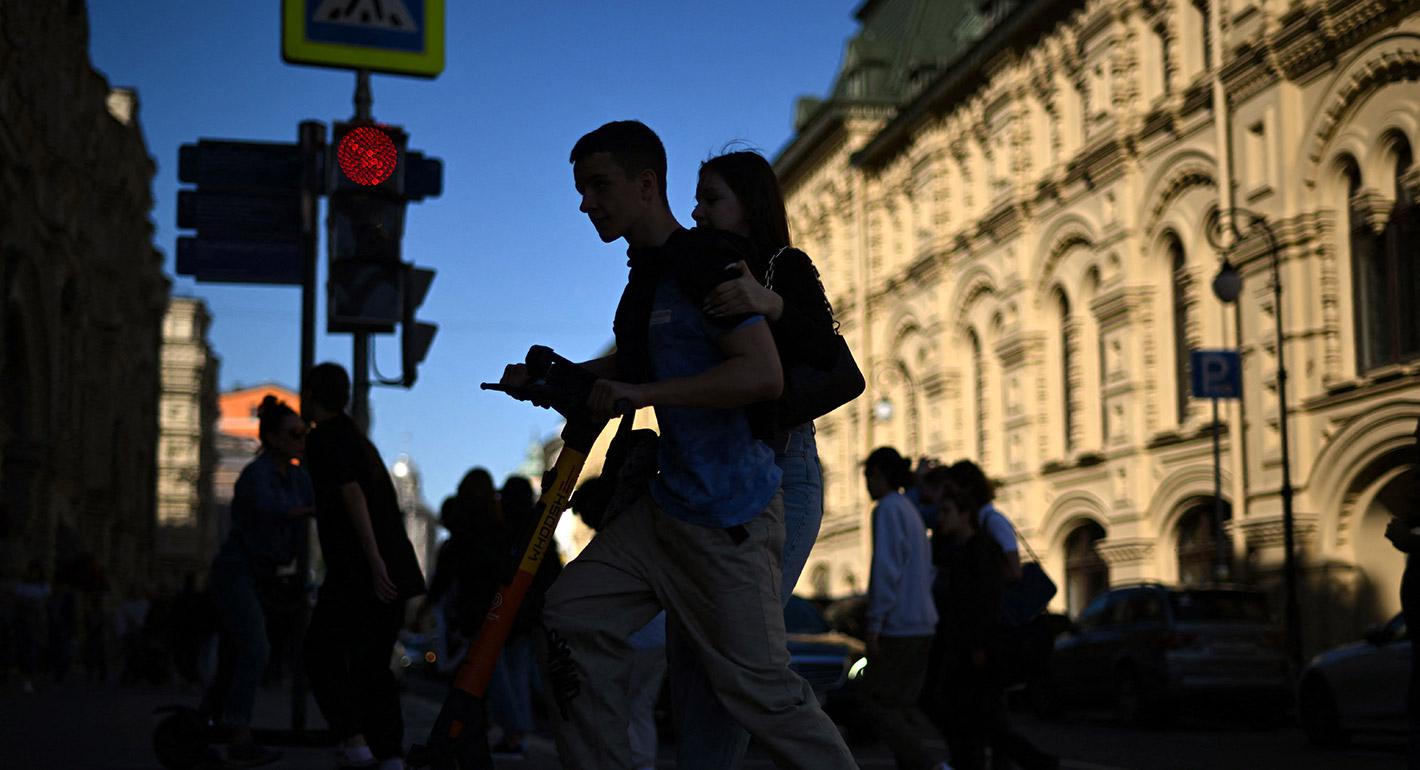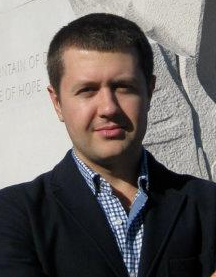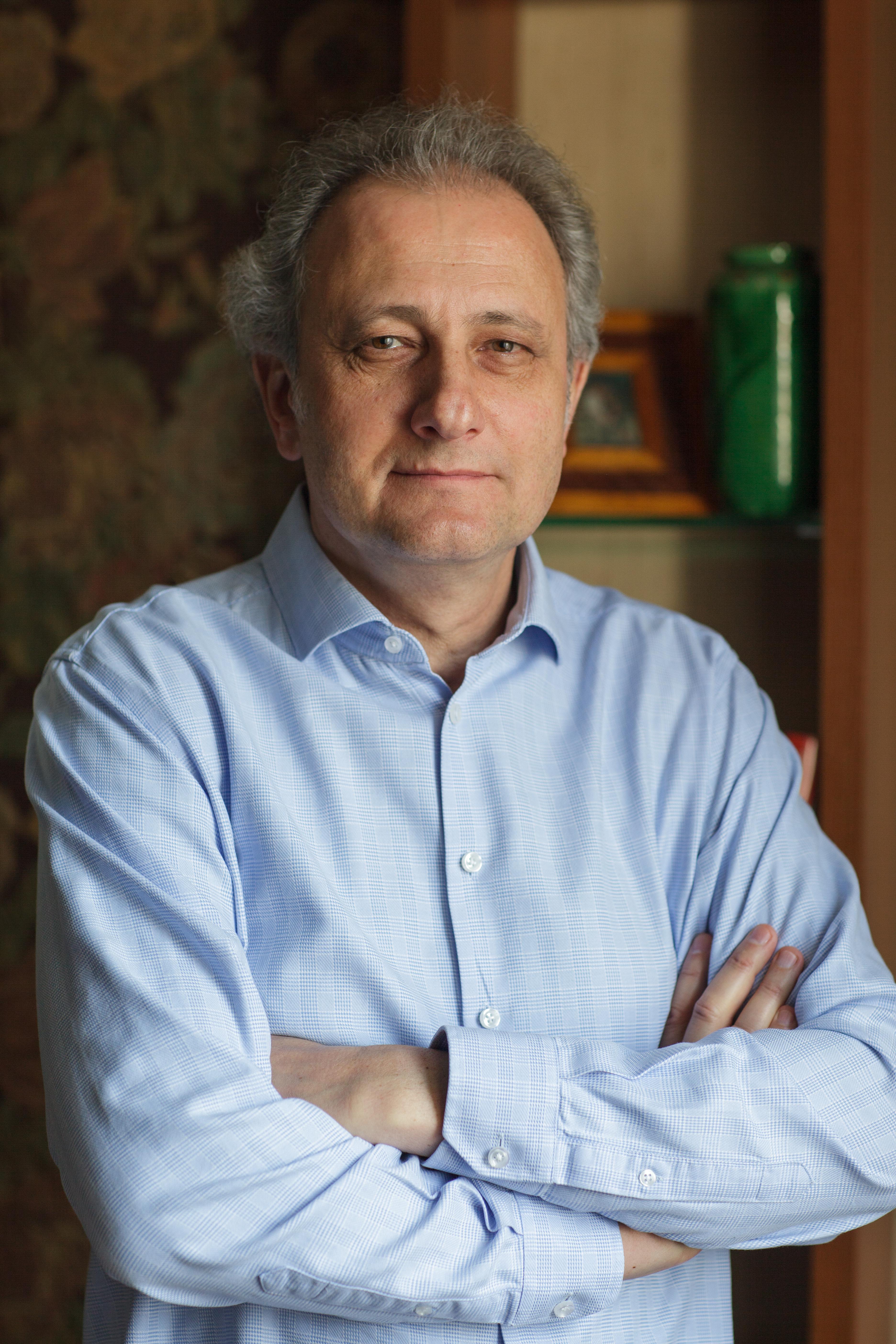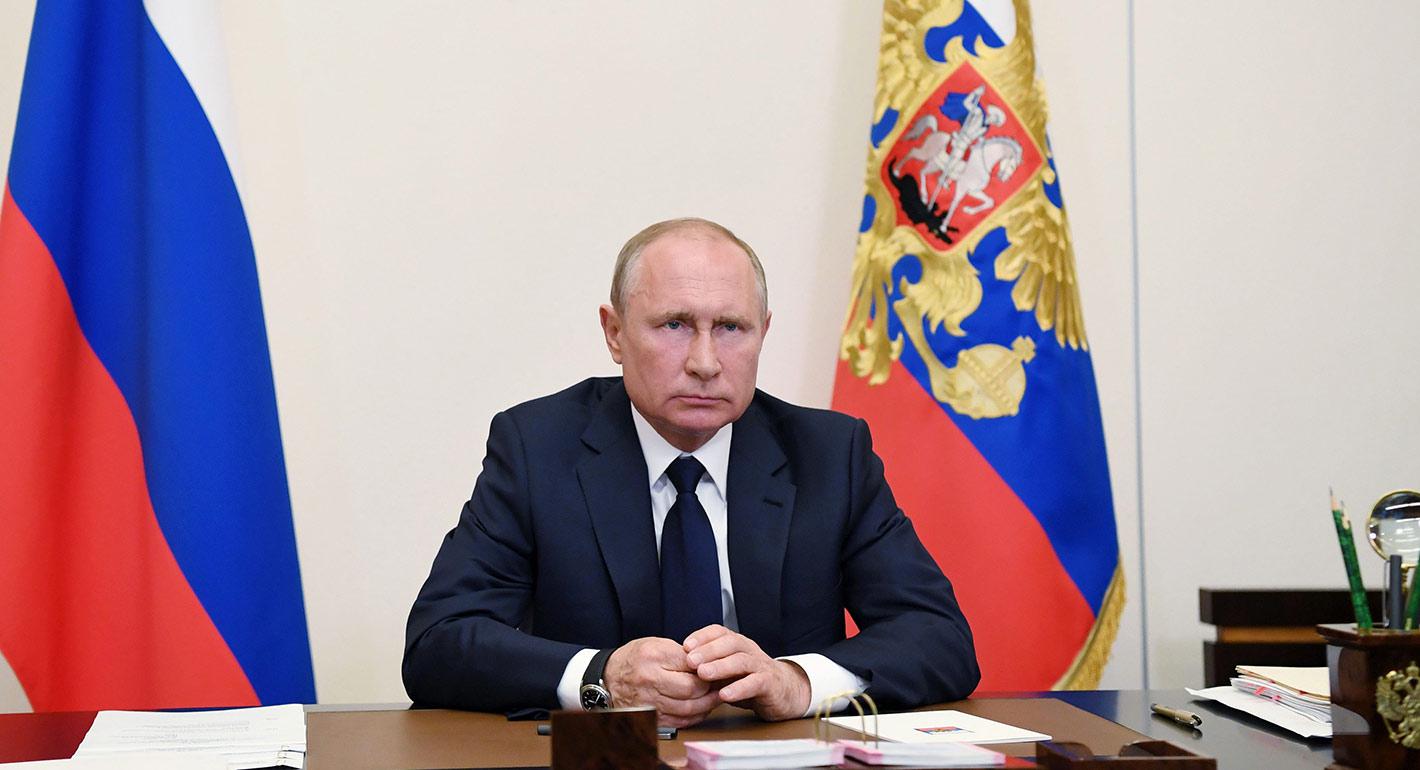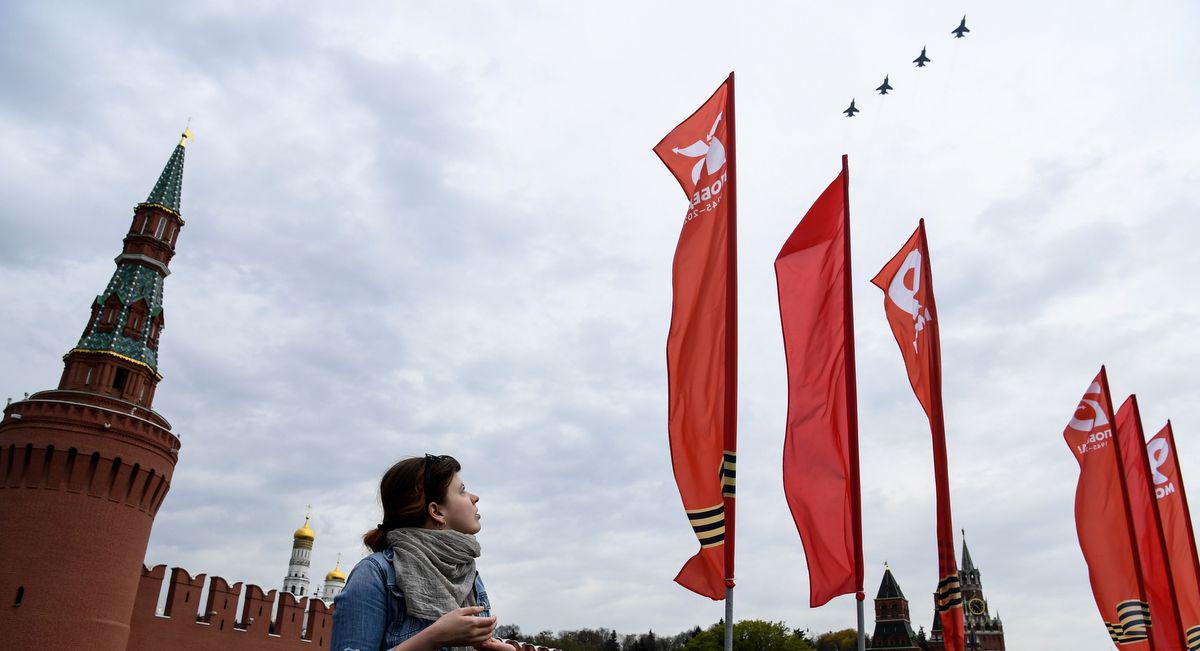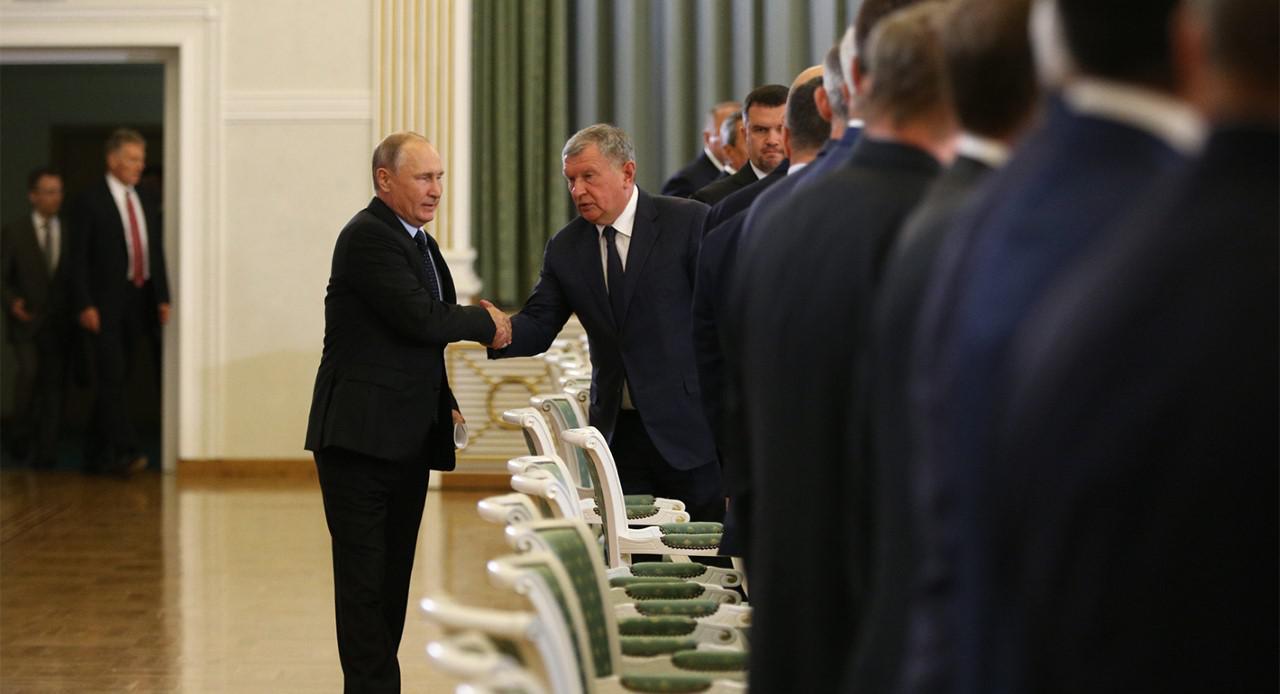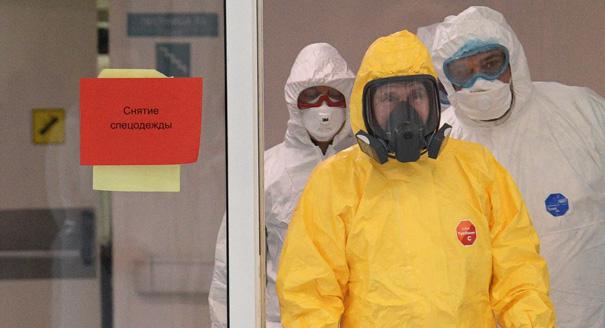Alexander Baunov
{
"authors": [
"Alexander Baunov"
],
"type": "commentary",
"centerAffiliationAll": "",
"centers": [
"Carnegie Endowment for International Peace",
"Carnegie Russia Eurasia Center"
],
"collections": [
"Inside Russia"
],
"englishNewsletterAll": "",
"nonEnglishNewsletterAll": "",
"primaryCenter": "Carnegie Endowment for International Peace",
"programAffiliation": "",
"programs": [],
"projects": [],
"regions": [],
"topics": []
}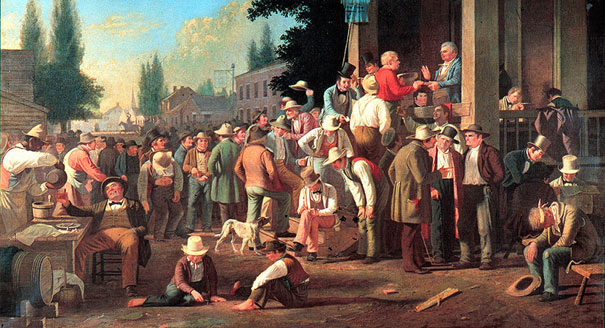
Source: Getty
Authoritarianism by Stealth: Russia After the Duma Elections
The look of Russia’s parliamentary election was different, even if the results were the same. Russia’s ruling regime is trying to preserve its legitimacy by being more flexible and more respectable. This system may eventually contain the seeds of its own transformation.
The result was the same—yet there is almost no fuss and no prospect of street protests. We could call the outcome of Russia’s parliamentary election last Sunday a continuation of the “Volodin Spring.”
The phrase was coined in honor of the Kremlin official who helped engineer the scenario of securing the desired results of a massive majority in the Duma for the ruling party, United Russia, but by gentler means than before. The Kremlin has thus avoided the furor it created last time, when large demonstrations greeted the results of Russia’s 2011 parliamentary elections.
The trick is that although the results mirror those of the past, the look of this election campaign was certainly different.
A first-time visitor to this autocratic state would have been surprised. There were fourteen parties on the ballot with different political agendas, many of which had been kept out of electoral politics for years, compared to just seven in the last elections. In central Moscow, Professor Andrei Zubov, who dared to compare Vladimir Putin’s takeover of Crimea to Hitler’s annexation of Sudetenland in 1938, ran for a seat against a protégé of exiled oligarch Mikhail Khodorkovsky. On state-run television, the video blogger Vyacheslav Maltsev, a candidate for the PARNAS opposition party, openly called for Putin to be impeached.
Meanwhile, the reputable Ella Pamfilova had replaced the notorious Vladimir Churov as head of the Central Election Commission. There were many reported irregularities. Incidents of ballot stuffing caught on video are available online. Suspicious throngs of workers, soldiers, sailors, and future pilots could also be seen at the polls. Yet even the toughest election monitors acknowledge that the vote looked better this time. The low turnout of 48 percent, as opposed to 60 percent in 2011, is also proof that there was less ballot stuffing and less of a demand from the Kremlin to deliver impressive results.
What has changed? Vladislav Surkov, the previous deputy head of the presidential administration, invented the concept of strictly managed “sovereign democracy” as a guiding principle for President Vladimir Putin’s early years in power. But the principle broke down in 2011 because it was too strict.
Enter Vyacheslav Volodin, who loosened things up by letting opposition anti-corruption campaigner Alexey Navalny, a leader of the 2011 protests, run for mayor of Moscow in 2013. He also permitted a greater polyphony of voices in parliament and on television—even though their polyphony was chiefly a matter of competing with one another as to who could combat Russia’s enemies most effectively.
Volodin and Surkov actually ran against one another in the parliamentary elections of 1999 at a time when the state bureaucracy was divided between two parties. Back then, it was believed that the split had to be eliminated at all costs. If the split had been institutionalized instead, there would be two full-fledged establishment parties now, which would have given Russia much more hope for the future. But as is often the case, the regime chose to sacrifice the future for the expediency of the present.
Modern authoritarian regimes are more sophisticated than their predecessors, being less prone to cults of personality, to mass repression of opponents, and to formulas such as “one people, one party, one newspaper.” Their parliaments are elected to look at least somewhat respectable, not just packed with candidates from one party elected by a 99 percent majority. Some minimal degree of freedom exists in the media, public debate, the judicial system, and freedom of migration.
This system is what Ozan Varol, an expert in constitutional law, refers to as “stealth authoritarianism.” It is a type of authoritarian government that has learned the rules of proper behavior. It prefers to consolidate its power by using legal mechanisms and democratic procedures rather than resorting to the old informal ways.
Why the masquerade? It is not a matter of trying to look good in international society. That would be the equivalent of trying to sneak into a grand party wearing a counterfeit Brioni tie. The first priority of any regime is to look legitimate in the eyes of its own people, and in the modern world new methods are required to secure that legitimacy. As the world becomes more global, so do the symbols of legitimacy. The Kremlin did not need the “Volodin Spring” just to receive greater approbation from the international community; it also wanted its authority to look more respectable overall.
Vladimir Putin and his protégés in government, parliament, and diplomatic service don’t stake their claim to power through birth or from having led a revolution. They depend on institutional legitimation, the assertion that they are genuinely popular with the people and the people have validated their power in a proper legal manner.
The men in the Kremlin rest their authority on both autocracy and a framework of legality that validates the autocracy. It is important for the regime to maintain its popularity and to say it is speaking on behalf of the majority, which (in the unfortunate slogan of the United Russia party) is “never wrong.” This explains why they pay such keen attention to polling data and to independent pollsters—even the Levada Center, which they have also declared a “foreign agent.”
Yet in the end those survey numbers have to be confirmed through elections, which serve as the ultimate poll. And here the country’s leaders can run into trouble if they act as they did in 2011—at least in Moscow—when they mishandled the return to the supreme position of Putin after the four-year presidency of Dmitry Medvedev and ran the elections in an especially cynical fashion. In that situation, society no longer respects itself and even previously apolitical office managers may start voicing their discontent and challenging the regime.
The Russian regime is always acting in a spirit of self-preservation. The era of stealth authoritarianism has proved that flexible and fragile systems are more stable than tightly closed ones.
But this more flexible kind of system faces its own challenges and it is worth asking two questions. First of all, does authoritarianism completely discredit institutions or do ersatz institutions, like Russia’s Duma, contain the seeds of their own future transformation? Probably, both answers are true. But we should remember how easily in 1989 the Supreme Soviet of the USSR turned into a bona fide parliament, and how its one-party elections suddenly became genuine.
Secondly, is stealth authoritarianism just as authoritarian as its crude predecessor? Not quite. After all, if the regime’s main trick is to remain respectable within acceptable boundaries, it may need to expand those boundaries in order to adapt to new changes and stay alive. In the 1980s, there came a point when the Soviet system needed its newspapers to be more outspoken in their hitherto limited criticism of certain social woes. That is why some scholars prefer to look at authoritarianism not as a dead weight in opposition to all freedoms, but as a transitional stage. Stealth and disguise may prolong the life of an authoritarian regime, but they may also lead to an eventual transition to democracy.
To put it another way, the recent Duma elections, with their elements of freedom but predictable results, differ from classic Soviet totalitarian rule just as much as modern Russian propaganda differs from its Soviet predecessor.
In today’s Russia, the masters of spin don’t shy away from publicizing outside points of view, however critical or even hostile they might be. Look, they say, here is a liberal, an American, a Ukrainian journalist—but there is nothing to be worried about, these critics will be proven wrong by the end of the show! In the same way, by allowing some outside candidates to compete, an election system that operates in an era of national consensus can help to legitimate the victory of the ruling regime.
Cynical as it is, this innovation is definitely an improvement on the old days. Nothing may change, but at least there is a chance that society eventually demands more, as it did in the 1980s. For the time being, however, we can only say that Russia has returned to where it was a hundred years ago: to being an autocratic monarchy with nascent institutions.
About the Author

Senior Fellow, Editor-in-Chief, Carnegie Russia Eurasia Center
Baunov is a senior fellow and editor-in-chief at the Carnegie Russia Eurasia Center.
- Can the Disparate Threads of Ukraine Peace Talks Be Woven Together?Commentary
- Could Russia Agree to the Latest Ukraine Peace Plan?Commentary
Alexander Baunov
Recent Work
Carnegie does not take institutional positions on public policy issues; the views represented herein are those of the author(s) and do not necessarily reflect the views of Carnegie, its staff, or its trustees.
More Work from Carnegie Endowment for International Peace
- My Country, Right or Wrong: Russian Public Opinion on UkrainePaper
Rather than consolidating Russian society, the conflict in Ukraine has exacerbated existing divisions on a diverse array of issues, including support for the regime. Put another way, the impression that Putin now has the full support of the Russian public is simply incorrect.
Denis Volkov, Andrei Kolesnikov
- As Putin’s Regime Stifles the State, the Pandemic Shows the CostCommentary
Russia’s ineffective response to the coronavirus reveals the hazards of a system that cultivates self-interest and cronyism over strong state capacity and administration.
Nate Reynolds
- Facing a Dim Present, Putin Turns Back To Glorious StalinCommentary
The foundation of the current Kremlin ideology is a defensive narrative: that we have always been attacked and forced to defend ourselves. Another line of defense is history.
Andrei Kolesnikov
- The Putin Regime CracksArticle
The pandemic has revealed a truth of the Russian government. Vladimir Putin has become increasingly disengaged from routine matters of governing and prefers to delegate most issues.
Tatiana Stanovaya
- Russia’s Leaders Are Self-Isolating From Their PeopleCommentary
The fight against the new coronavirus in Russia is being led not by politicians oriented on the public mood, but by managers serving their boss. This is why the authorities’ actions appear first insufficient, then excessive; first belated, then premature.
Tatiana Stanovaya
